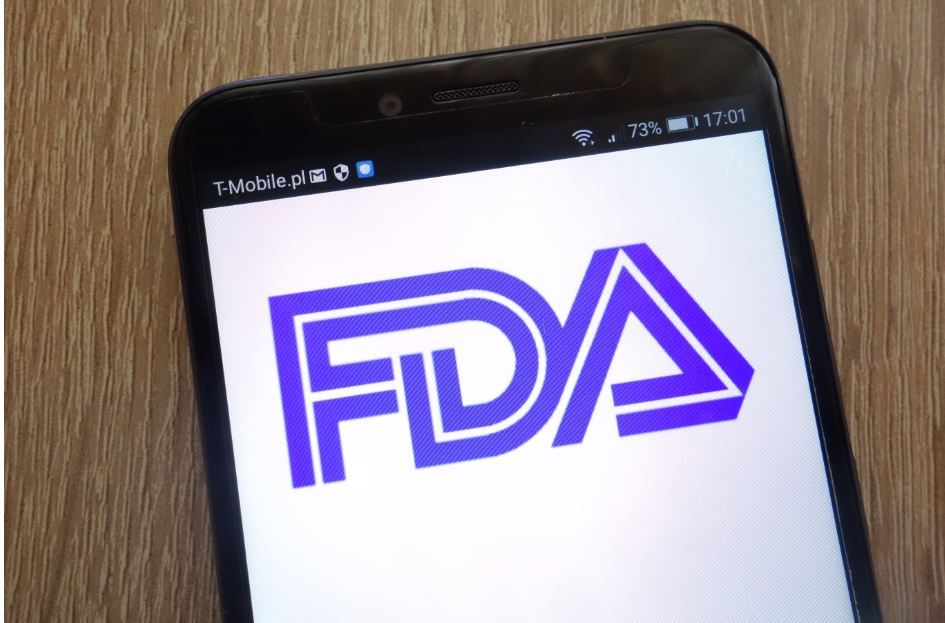- Clinical Technology
- Adult Immunization
- Hepatology
- Pediatric Immunization
- Screening
- Psychiatry
- Allergy
- Women's Health
- Cardiology
- Pediatrics
- Dermatology
- Endocrinology
- Pain Management
- Gastroenterology
- Infectious Disease
- Obesity Medicine
- Rheumatology
- Nephrology
- Neurology
- Pulmonology
FDA Orders All Ranitidine Products Removed from the Market
The FDA has accumulated sufficient evidence to conclude a contaminant found in ranitidine is a danger to the public.
<br/> The FDA is sending letters to all manufacturers of ranitidine requesting they withdraw their products from the market. (©piter2121/stock.adobe.com)

The US Food and Drug Administration yesterday asked for immediate nationwide withdrawal from the market of all prescription and over the counter ranitidine drugs.
The agency has determined that the level of a contaminant known as N-Nitrosodimethylamine (NDMA) in ranitidine medications (commonly known by the brand name Zantac) increases in some of the products over time and when the drug is stored at higher than room temperatures, the result being consumer exposure to unacceptable levels of the contaminant.
NDMA is a probable human carcinogen. FDA became aware in the summer of 2019 of independent laboratory testing that found the impurity in ranitidine products. The agency's own follow-up investigations found NMDA in ranitidine products in low levels but, according to an FDA press release, did not have enough scientific evidence to recommend whether the public was at risk by continued use. After further research, FDA warned consumers in September 2019 of the potential risks and to consider alternative OTC and prescription treatments for heartburn.
"We didn’t observe unacceptable levels of NDMA in many of the samples that we tested. However, since we don’t know how or for how long the product might have been stored, we decided that it should not be available to consumers and patients unless its quality can be assured,” said Janet Woodcock, MD, director of the FDA’s Center for Drug Evaluation and Research, in the press release.
The most recent findings from FDA testing and evaluation confirmed that NMDA levels increase in ranitidine even under normal storage conditions and to increase significantly in samples stored at temperatures the product may be exposed to during distribution and handling by consumers.
According to the FDA's announcement, letters are now being sent to all manufacturers of ranitidine requesting that they withdraw products from the market, and consumers are advised to stop taking any ranitidine tablets or liquid medications they currently have. The FDA said to dispose of them properly and not buy more.
The agency does advise that individuals taking prescription ranitidine should consult their treating physician before discontinuing use. OTC drugs approved for the same or similar use that do not carry the same risks, based on FDA testing, include famotidine (Pepcid), cimetidine (Tagamet), esomeprazole (Nexium), lansoprazole (Prevacid) or omeprazole (Prilosec).
Due to the coronavirus pandemic, the FDA said don't return your medicines to a "drug take-back location," but rather follow disposal instructions in the medication guide or insert -- or follow the FDA's recommended safe disposal steps on its website.
Clinical Tips for Using Antibiotics and Corticosteroids in IBD
January 5th 2013The goals of therapy for patients with inflammatory bowel disorder include inducing and maintaining a steroid-free remission, preventing and treating the complications of the disease, minimizing treatment toxicity, achieving mucosal healing, and enhancing quality of life.
